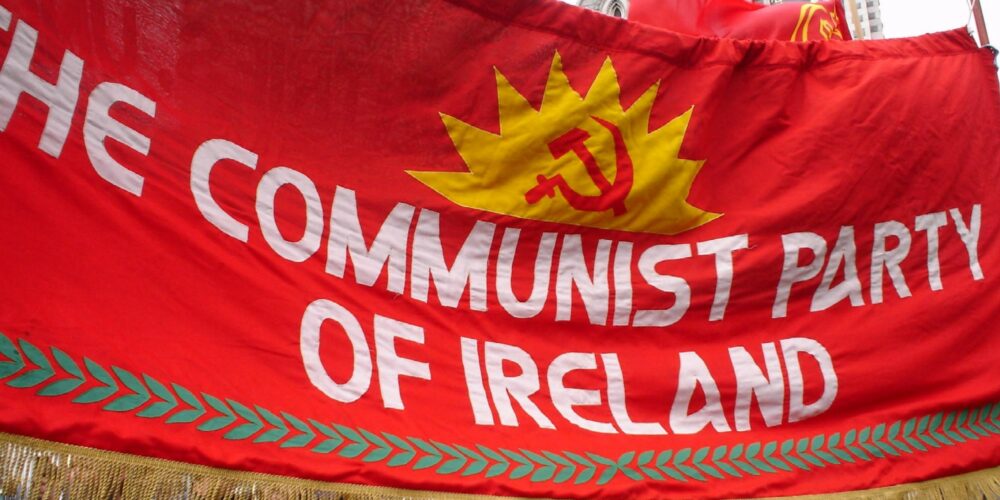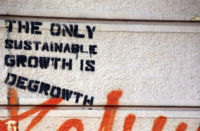What distinguishes Marxist-Leninist parties from others on the “Left”? How do we differ from the various types of Social Democratic, Anarchist or Trotskyist parties?
A central difference, perhaps the central difference, is our understanding of the process of historical change. We study society through the prism of dialectical and historical materialism, two distinct but closely related concepts in Marxist theory. Dialectical materialism is the method by which Marxists understand reality, nature and thought, while historical materialism is the application of dialectical materialism to the study of human society and history. As the Marxist historian Eric Hobsbawm put it: “[M]arxism explains why and how societies change and transform themselves: in other words, the facts of social evolution.”[1]
For Marx, the means by which people produce the necessities of life is the foundation of society. The social, political and ideological structures of any given society (the superstructure) are shaped by its economic foundation (the base) and the superstructure in turn impacts on the base. Dialectical and historical materialism provides the methodology to study society, look at its economic base and the contending classes within it.
Dialectics explains the interconnectedness of things and how everything is in a state of flux, being born, developing and dying. This process happens, not as the result of an external force but due to internal contradictions. At present there is a growing divide within the “Western” imperialist bloc (US, Canada, Britain, the EU, Japan and Australia). What is the cause of this divide? The capitalist media would have us believe that the main, in fact the only, cause of tension in the bloc is the personality of Donald Trump. Undoubtedly, Trump’s personality has a bearing, but to look for the real reasons one has to probe deeper. To find the cause, one has to look beyond personalities and look at economics. The US, still the most powerful economy in the world, has declined relative to the People’s Republic of China and other economies in the “global south”. The other members of the bloc have also been in relative and actual decline. There are divisions within the American ruling class on how to respond to this decline, leading to tensions with the other members of the bloc who are subordinate to the US. The private and state-owned bourgeois media focus on personalities and ignore the underlying economic factors. Marxism gives us the tools to go beyond these surface analyses and formulate our politics in relation to the real developments taking place within the economy.
While looking for the causes of WWI, Lenin looked beyond the stated war aims of the belligerents and instead sought answers in economic developments within the major capitalist powers in the late 19th and early 20th centuries. He outlined how capitalism in the major powers had moved to a higher stage, which he termed imperialism, in which competition turned into its exact opposite monopoly. As the whole world was brought within the sphere of the various imperialist powers, competition for markets and resources led to inter-imperialist rivalry, which led to war. Imperialism is synonymous with war.
Lenin’s analysis of imperialism, using Marx’s methodology, gave the Communist International a theory of revolution as well as an understanding of the revolutionary capacity of the anti-colonial struggle in the overall struggle for socialism.
To properly understand society and the processes of change one must study dialectical and historical materialism. One cannot just read an essay or an article on the subject and believe you know it all: no, one must come back to Marx and Engels time and time again. Dialectical and historical materialism is not an academic exercise designed to merely understand societal change. It is an ideology of struggle, a partisan ideology which arms the proletariat in its struggle against the bourgeoisie. One will not get a proper understanding of it from university modules on “Marxism.” Universities are part of the superstructure by which the bourgeoisie controls society. University “Marxism” reduces it to a parody of itself and denies its revolutionary nature, seeing it at best as a critical current within bourgeois sociology. If you want to understand Marxism, ask a communist!
REFERENCES:
[1]Hobsbawm. E, “On History” London 2005. P.196.






